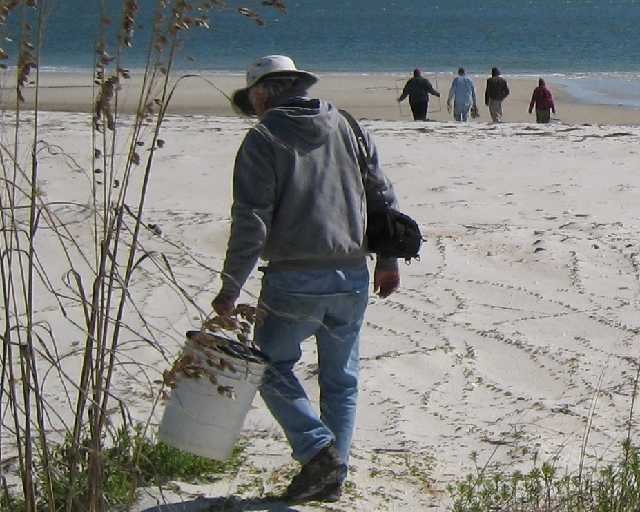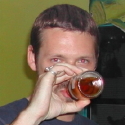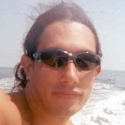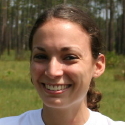|
I am interested in a variety of questions that deal with the ecology and evolution of diversity. What determines how many species are in a given habitat -- why aren't there more, or fewer? I take a very broad view of questions in this area, including field, lab, and theoretical approaches. I am currently most interested in multispecies patterns of evolution among competitors and what this might tell us about extant patterns of diversity. My lab has been using the protozoa communities inside the water-filled leaves of carnivorous pitcher plants to explore these questions. However, I also have a very different set of projects investigating the forces that structure plant communities on barrier islands. |
Current Graduate Students Current Graduate Students Current Graduate Students
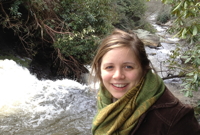 |
Abigail Pastoreapastore@bio.fsu.edu |
Abigail is interested in the evolutionary and ecological outcomes of species interactions. Using protozoa as a model system, she is currently investigating how species may evolve to coexist with competitors through either changes in their resource use or reproductive strategy, and what is the role of phylogenetic constraint in the evolutionary response to competition? She also chronically and coincidently finds herself thinking about competition between fungi, be they lichens or mycorrhiza. In her free time, Abigail enjoys employing ecological principles in her vegetable garden. |
Margaret Vogelmvogel@bio.fsu.edu |
In a broad context, Margaret is interested in the community dynamics and ecological processes that are occurring on a micro-scale. Her current work blends her love of the microbial and marine worlds by investigating the relationship between epiphytic microbial communities and their seagrass host and how that relationship is modified by changes in the dynamics and composition of the microbial community. Margaret is most happy when doing field work and spends her free time exploring the waters off of the Florida Gulf Coast.
|
|
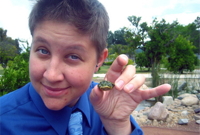 |
Will Ryan
wryan@bio.fsu.edu |
Will
reconciles his conflicting loves of marine and
terrestrial systems by keeping his feet firmly planted in
the intertidal. His master’s project at Cal State
University, Northridge measured the heritability of colony
form plasticity in the hermit crab encrusting hydrozoan,
Hydractinia. He has recently become interested in how the
environmentally-dependent switch between asexual and
sexual life histories varies across the geographic range
of a widespread, invasive sea anemone. Despite a
history of flings with and lingering curiosity about
groups ranging from bryophytes to lizards to lichens, he
always seems to come back to studying cnidarians –
possibly because they are the most interesting group ever.
Ever! |
Marina Lauck
mlauck@bio.fsu.edu |
An
avid naturalist and casual Leopold sympathizer, Marina
sees the world as an interconnected web of interactions –
a worldview which inspires her passion for community
ecology. She is interested in understanding how direct and
indirect effects of species interactions affect community
composition and dynamics. Her current work is
investigating how microbial mats affect coastal dune
biogeochemistry and interact with plant species to drive
community composition. |
Other Lab Members Other Lab Members Other Lab Members
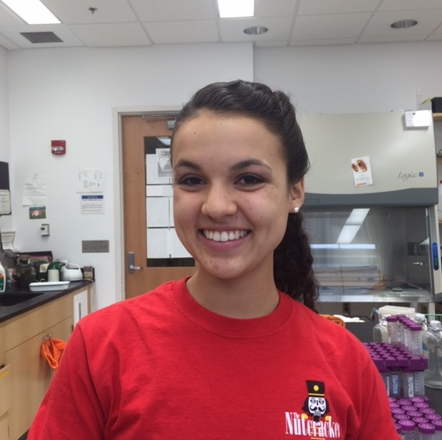 |
Deniece Wade-- Deniece
is a UROP
student studying the evolution of protozoa consuming
bacteria in different competition scenarios |
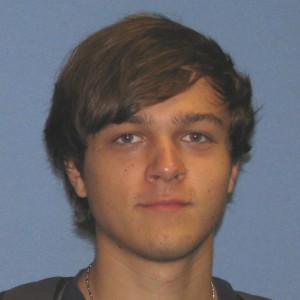
|
Henry Gwynn --
Henry is a research assistant on a grant to study
"evolution in a community context". We are following the
evolution of protozoa when in competition with different
suites and types of competing microorganisms. Henry
gets to count lots of protozoa and wash lots of
dishes! Yea! |
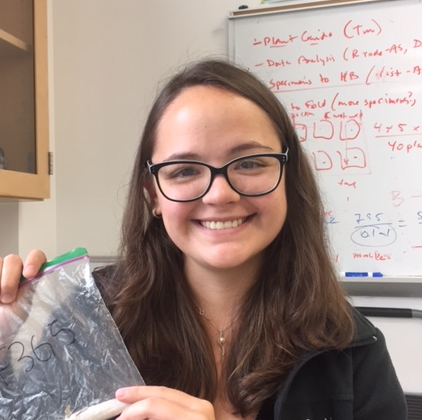 |
Amber Sherrard -- Amber is working on a DIS project on the types and distribution of algal mats on the sand dunes of St. George Island. She is helping Marina Lauck to understand the role of algal crusts in coastal ecosystems. | 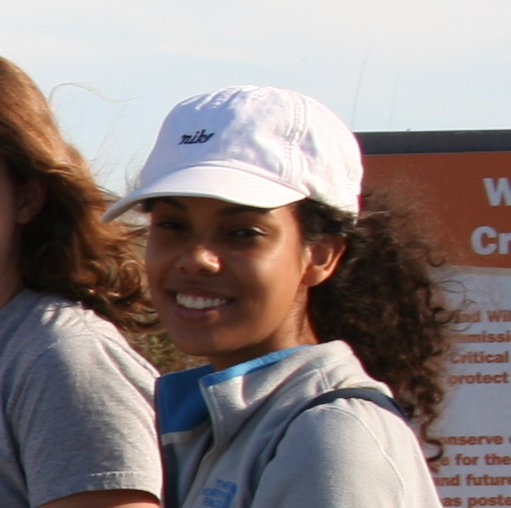 |
Amanda Sang -- Amanda is helping with several facets of a savannah restoration project being conducted in the Apalachicola National Forest, including identifying plants, preparing herbarium specimens, and analyzing 5 years of census data. |
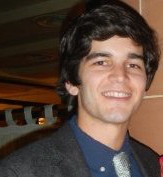 |
Matthew Green -- Matthew is finishing a DIS project determining which species colonize the earliest dunes forming on St. George Island and why | 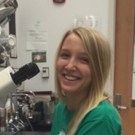 |
Kennedy Wohlgemuth
-- Kennedy is a research
assistant on a grant to study "evolution in a community
context". We are following the evolution of protozoa when
in competition with different suites and types of
competing microorganisms. Kennedy takes care of
pitcher plants in the greenhouse and counts a ton of
protozoa. Really. |
Recent Lab Members Recent Lab Members Recent Lab Members
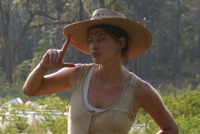 |
Elise Gornish egornish@ucdavis.edu
Elise
has just moved on to a postdoc and is now at the
University of California Davis. She is interested in
identifying mechanisms that drive range shifts as a result
of climate change. She continues to think about the
evolution of climate change response, Allee effects in
invasion speed, and competitive hierarchies. Elise firmly
believes that punning is the highest form of humor. You
can visit Elise's website at: http://elisegornish.webs.com/ |
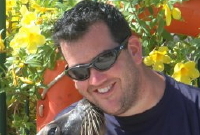 |
|
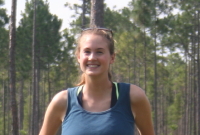 |
|
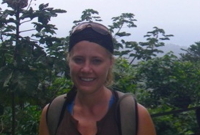 |
Chelse Prather's ecological interests lie in the interface of ecosystem and population ecology. She is interested in how particular species and trophic interactions affect ecosystem processes. She is also interested in the value of philosophy for the science of ecology and worked with the NSF funded Interdisciplinary Program in history, philosophy, and evolutionary ecology at FSU. She has now moved on to a postdoc with Steve Pennings at the University of Houston. |
 |
Erin
Simmons' research is in fisheries
conservation and management methods, especially marine
reserve dynamics and the conditions under which they are
effective. Erin created an Individual Based Model for gag
grouper in the northeastern Gulf of Mexico, while also
serving as a
Florida Gubernatorial Fellow. She finished her
Masters in the spring of 2011 and has now moved on to an
internship with the Navy in Pensacola. |
Some Past Lab Members Past Lab Members Past Lab Members
 |
Jean BurnsAssistant ProfessorCase Western Reserve |
|
Nicholas MouquetInstitut des Sciences de l'Evolution -
University of Montpellier II
|
Lori Migliorelli
|
|
Pablo MunguiaUniversity of Adelaide, South Australia, Australia |
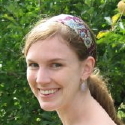 |
|
|
Amber RomanYale University- School of Forestry & Environmental Studies |
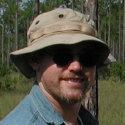 |
Jamie KneitelProfessor, Department of Biological
Sciences
|
 |
Heather WellsDO at the University of Minnesota |
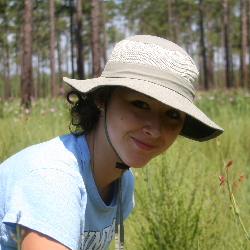 |
Emlyn ResetaritsGraduate program, University of Texas at Austin |
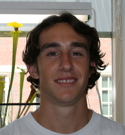 |
Dan Tomasetti |
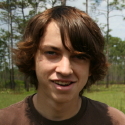 |
John Mola
|
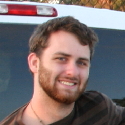 |
John Owenby
|
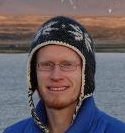 |
David Hoekman
|
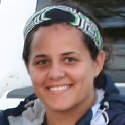 |
Jackie Monge
|
